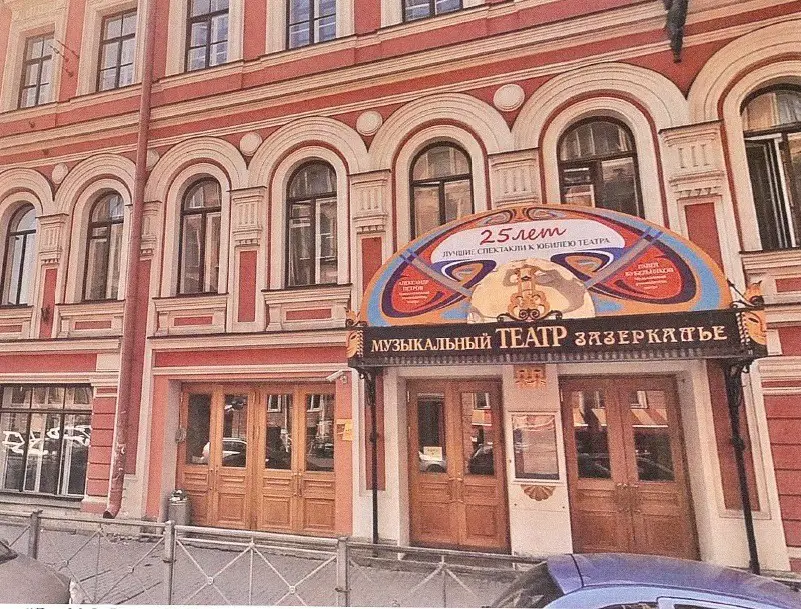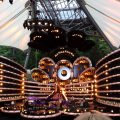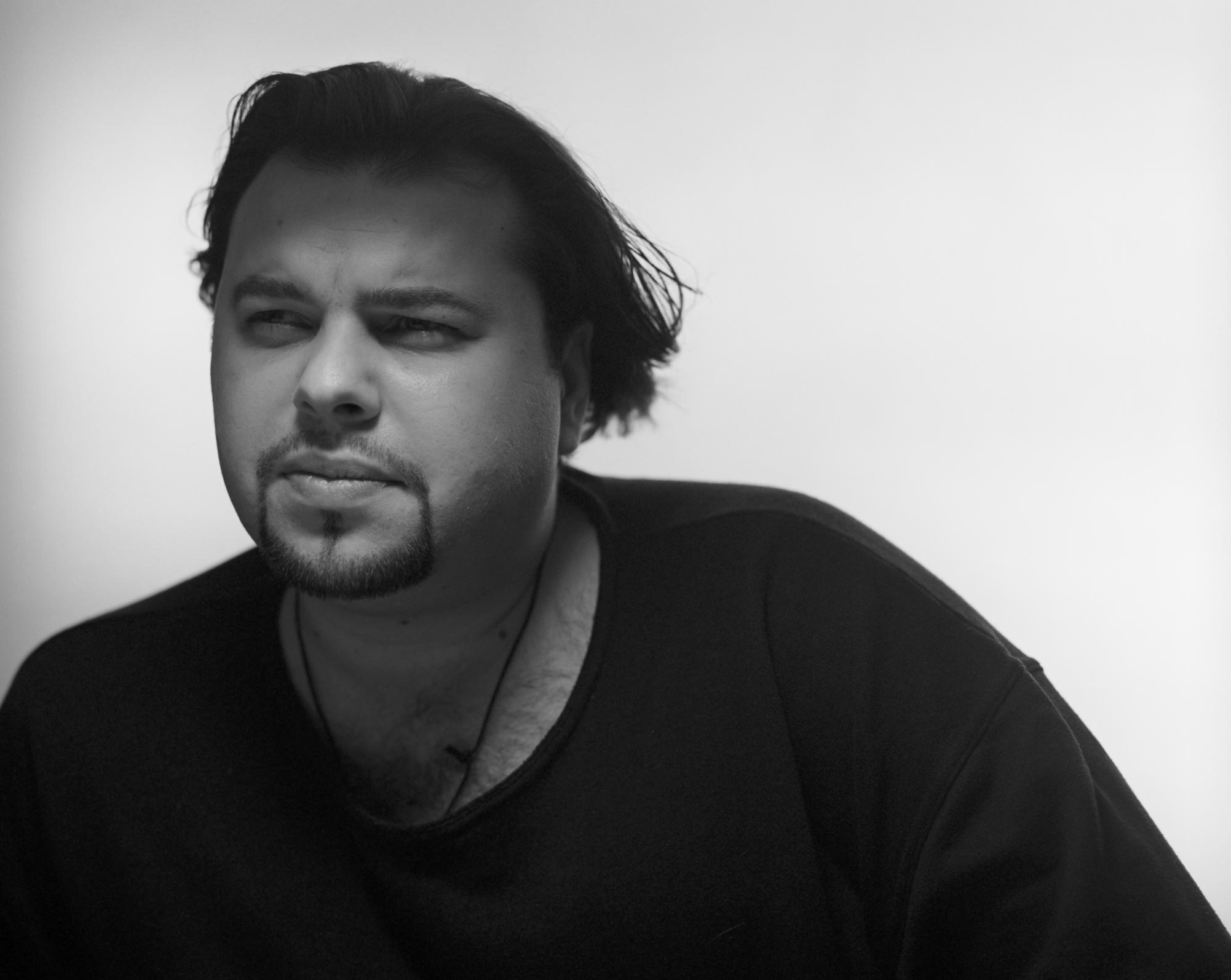The Leningrad Rock Club (Ленинградский рок-клуб) was the first legal rock-club in Leningrad, formed in 1981 under Leonid Brezhnev. Located in the city center, the LRC inspired similar clubs across Russia, most notably in Moscow and Sverdlovsk. None, however, rivaled the success of the original, perhaps due to its proximity to Finland and easier access to Western-style music.
Before the Leningrad Rock Club, Soviet rock was relegated to the world of underground clubs, private concerts given in apartments, and samizdat tapes. It was subject to police action and regular condemnation in mainstream society. In providing musicians with a place to meet, perform and discuss music, the government also allowed an unprecedented amount of creative freedom. Seeing it necessary to monitor opinions for dissent, the KGB supervised all activities of the Leningrad Rock Club in an effort to prevent lyrics critical of the government from reaching audiences.
As the largest rock hall in the Soviet Union, the LRC had an important influence on Russian rock. Legends such as Kino, Alisa, and Piknik rose to popularity on the LRC’s stage. In addition to concerts, the club began hosting annual music festival competitions in 1983. To qualify, groups underwent auditions and had to pass a selection committee and a censorship board prior to performing before a jury to determine winners of awards. Previous winners include Aquarium, Viktor Tsoi, and Jungle.
During the mid to late 1980s, administrative control over the LRC began to decline. Groups previously denied membership on the grounds of “ideological uncertainty,” such as DDT and Televizor, were permitted to play. Still, some musicians regretted their mainstream fame and prominence. To some, the Leningrad Rock Club was seen as a ”soft” alternative to the Young Communist League that converted rebellious musicians into law-abiding citizens, while for others, institutional endorsement indicated the musicians were complacent with the status-quo, which undermined their perceived authenticity.
The rock clubs began to close with the collapse of the USSR and economic reforms of the 1990s. The Leningrad Rock Club played its final show in 1991, but reopened under new management on Svetochnaya St. (ул. Цветочная) in 2012.
A performance by ChaiF (ЧайФ) at a Leningrad Rock Club festival:
The classic band Kino performing at the Leningrad Rock Club in 1987:











